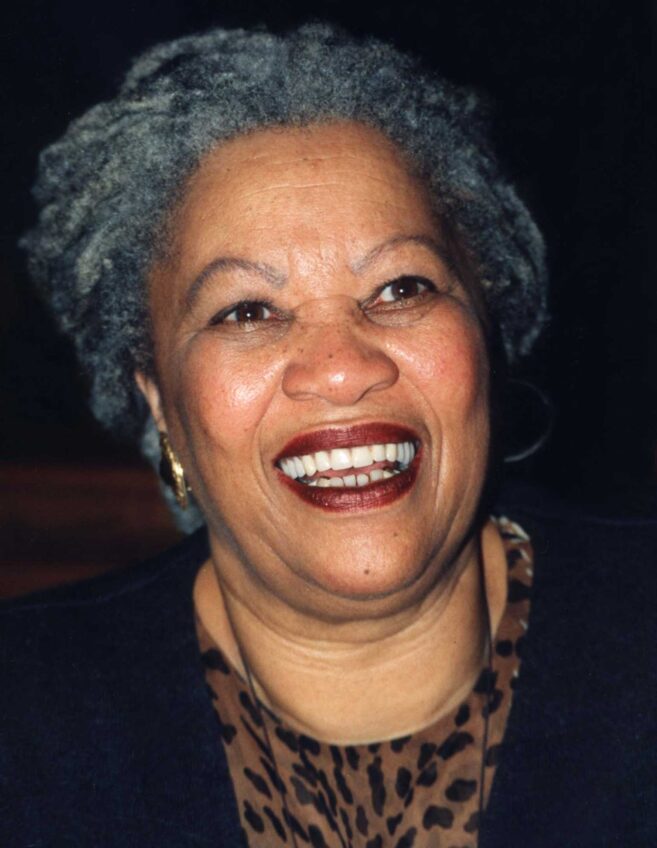The BPDA (Boston Planning and Development Agency) is an outdated, unaccountable entity that prevents us from building a more just and climate-ready city. It’s time to abolish the BPDA, transfer its land to city control, and create a real Planning department that answers to the people of Boston.
When he was first running for mayor, Marty Walsh told the Globe he “want[ed] to abolish the BRA as a stand-alone agency,” saying it concentrated too much power in the hands of the mayor. But as mayor, Walsh rebranded the agency (as the BPDA), made it less accountable to the public, and used it to put the needs of developers first.
What has the BPDA meant for Boston’s Black community? While it’s no longer destroying vibrant neighborhoods wholesale, it is still a tool of top-down power, overruling neighborhood input and bolstering inequality. Instead of shaping Boston neighborhoods to meet residents’ needs — things like better transit, more permanently affordable housing, green spaces and neighborhood amenities — developments are proposed by for-profit developers, pitched to the BPDA in a black box, and selected based on special zoning exceptions and hearings. This process gives extra influence to existing political power structures, while leaving low-income, marginalized folks excluded from an opaque process.
The biggest problem with the BPDA, however, is that it answers to no one. The BPDA is governed by an independent board, appointed by the mayor, and has shockingly little oversight from the City Council and community representatives. The BPDA has repeatedly steamrolled over objections from neighborhood leaders and city councilors, and the Council and public have very limited information about any tax deals the BPDA strikes with developers. Until this year, the BPDA didn’t even consider the impact of a potential project on rents for existing residents in the area.
None of Boston’s peer cities (and indeed, no other city in Massachusetts) uses a semiprivate, unaccountable agency like the BPDA to manage planning and development. Boston is also alone among similar cities in allowing such an agency to own and manage huge amounts of public land. The BPDA typically prioritizes income from this land — but if it were under city control, this land could instead be used for public space (playgrounds or parks!), public housing, or education.
The good news: we can solve this without reinventing the wheel. Just look at what other cities do: they have overarching master plans, updated regularly with public input, implemented by a planning department empowered with both permitting and inspection. These plans make it easier to collaboratively envision a more equitable future, and to address the racist impacts of displacement. If we could engage in a master-plan process, we could help shape our neighborhoods proactively, rather than reacting piecemeal to new developers’ proposals.
Since candidate Walsh endorsed abolishing the BPDA in 2013, many brilliant planners and policy experts have written detailed plans about exactly how to handle the transition post-BPDA. I’ve read some, and I’m confident we can make it happen, if the mayor and council prioritize it.
But during this campaign, only a few mayoral candidates have been as bold as then-candidate Walsh about imagining a better way to plan for Boston’s future. We deserve a planning process that takes climate change, displacement, and justice into account. I hope that whoever wins this fall will pick up on what Mayor Walsh never finished — and abolish the BPDA.
Dwaign Tyndal is Executive Director of Alternatives for Community & Environment (ACE).






